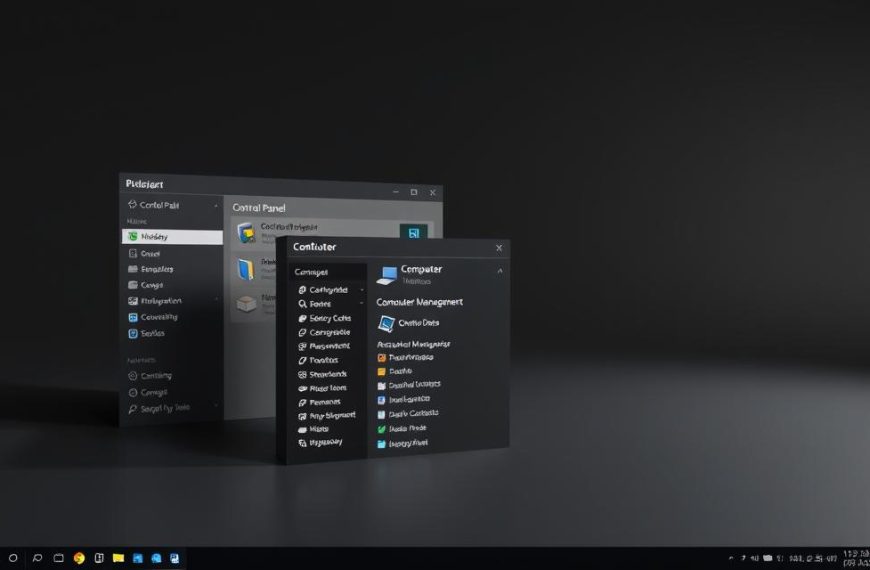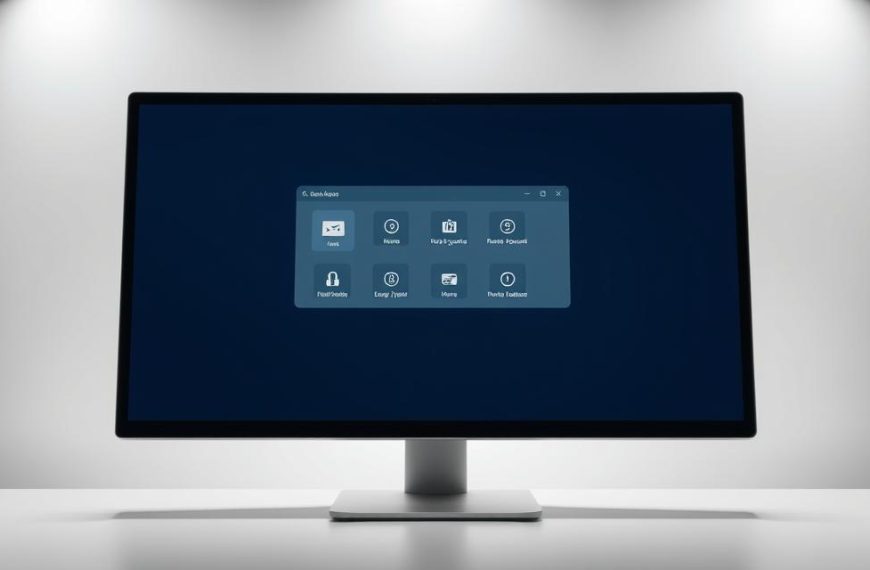The advent of quantum computers has brought about a paradigm shift in computing, necessitating the development of specialised operating systems that can harness their unique capabilities.
Unlike classical computers, quantum computing requires an operating system that can manage the intricate operations of quantum processors, facilitating the execution of complex algorithms and ensuring the integrity of quantum information.
Recently, significant breakthroughs have been achieved with the development of innovative quantum operating systems like QNodeOS, which serves as an abstraction layer between the hardware and users, making quantum computers more accessible for various applications.
The creation of such systems poses considerable challenges due to the unique properties and requirements of quantum networks and the need to integrate traditional computing with quantum processing.
Understanding Quantum Computing Operating Systems
The unique architecture of quantum computers necessitates a distinct approach to operating systems. Unlike classical computers, quantum computers rely on qubits and quantum gates to process information.
The Unique Challenges of Quantum Computing
Quantum computers face a host of new challenges, including the need to execute hybrid classical-quantum programs. As noted by experts, “These include the need to execute hybrid classical-quantum programs, merging high-level classical processing with quantum operations.” Quantum computing requires managing quantum states and entanglement through software interfaces.
Why Traditional Operating Systems Won’t Work
Traditional operating systems are inadequate for quantum computers due to their inability to handle quantum superposition and entanglement. A new approach is necessary to manage both quantum and classical resources efficiently. The complexity of quantum information processing demands specialized operating systems that can bridge classical and quantum computing paradigms.
QNodeOS: The First Operating System for Quantum Networks
Researchers have made a notable breakthrough with QNodeOS, the first operating system capable of connecting different types of quantum computers. This achievement is the result of a collaborative effort between researchers in the Netherlands, Austria, and France, led by Stephanie Wehner at Delft University of Technology.
Development by Stephanie Wehner’s Team
The development of QNodeOS is attributed to Stephanie Wehner’s international research team. The team addressed the design challenges by creating a hybridized network operating system that combines classical and quantum ‘blocks’.
Key Features and Capabilities
QNodeOS is an operating system that can control devices within a quantum network, regardless of the type of qubits that make them up. Its key features include the ability to connect different types of quantum computers, providing a unified platform for quantum operations.
| Feature | Description |
|---|---|
| Hybrid Architecture | Combines classical and quantum ‘blocks’ |
| Qubit Compatibility | Controls devices regardless of qubit type |
| Quantum Network Management | Manages and connects various quantum computers |
Hybrid Classical-Quantum Architecture
The hybrid architecture of QNodeOS allows it to process both traditional and quantum information, providing users with a platform for performing quantum operations. This is achieved through the combination of classical and quantum ‘blocks’ that work together seamlessly.
What Operating System Does a Quantum Computer Use in Practice
Understanding the operating system used by quantum computers in practice is essential for their development. The operating system, known as QNodeOS, has been designed to manage the unique hardware of quantum computers efficiently.
Testing with Different Quantum Hardware Types
To demonstrate its versatility, QNodeOS was tested with different types of quantum computers. The researchers used two quantum computers made from specially processed diamonds and another made from electrically charged atoms. This testing showed that QNodeOS can handle various quantum hardware architectures.
| Quantum Hardware Type | Description |
|---|---|
| Diamond-based | Quantum computers made from specially processed diamonds |
| Trapped Ion-based | Quantum computers made from electrically charged atoms |
Multi-tasking and Program Execution
QNodeOS has also demonstrated advanced functions such as multi-tasking, involving the concurrent execution of several programs at once. This includes running compilers and scheduling algorithms, showcasing its ability to manage quantum resources efficiently. As noted by the researchers, “We also showed how QNodeOS can perform advanced functions such as multi-tasking.”
“We also showed how QNodeOS can perform advanced functions such as multi-tasking.”
The ability of QNodeOS to handle different quantum hardware types and perform multi-tasking makes it a robust operating system for quantum computers.
Implications for the Future of Quantum Computing
The introduction of QNodeOS is set to transform the landscape of quantum computing, enabling easier software development and paving the way for new applications on the quantum internet.
This development will democratise access to quantum computing, making it accessible to developers without specialised knowledge. It could lead to breakthroughs in secure communications, distributed quantum computing, and quantum sensing networks.
As quantum hardware continues to advance, operating systems like QNodeOS will play a crucial role in shaping the future of quantum technology, opening new avenues for research and innovation.












